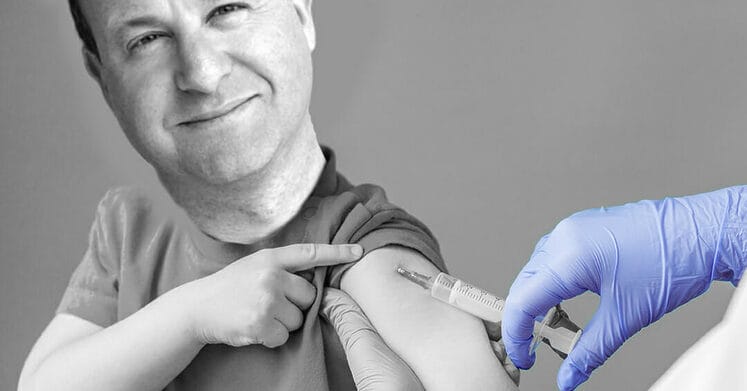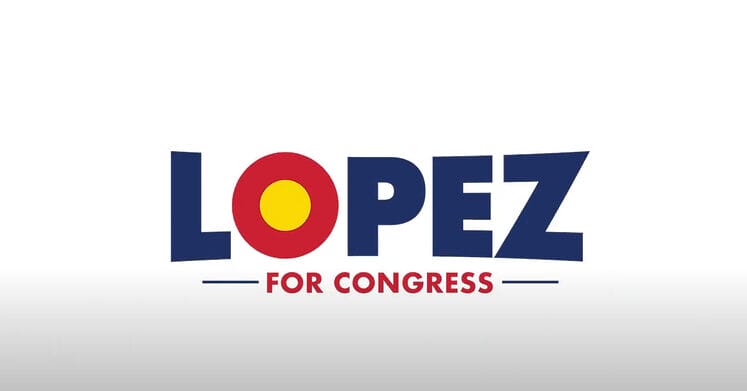I am not an anti-vaxxer. I truly appreciate modern medicine and its’ contributions to increasing life spans and quality of life for many everyday people like me. In fact, I chose to get my first dose of the shingles vaccination last month.
However, I strongly dislike legislation that gives an unelected group of people coercive power over what I can and cannot put into my body. I strongly dislike legislation that allows our children’s data to be shared with multiple people, multiple institutions and multiple agencies. And I strongly dislike legislation that is opaque, disingenuous and has far-reaching dangerous consequences.
Colorado Senate Bill 20-163 will very likely be introduced into the House Health and Insurance Committee this Tuesday (3.10.2020) or Wednesday (3.11.2020). It has passed out of the Colorado State Senate. If it passes out of the House committee, it will go to the floor of the Colorado House of Representatives to be voted on. If it does not receive enough votes to defeat it, SB20-163 will go to the Governor’s desk for his signature. If Governor Polis signs the legislation, it becomes the Law of Colorado.
Here are the top seven reasons that you should be concerned about. Senate Bill 20-163:
1: Enables bullying of parents and students
Will foment bullying, talking down to and ridiculing of parents and students who have questions about the safety of vaccines. These are not my words. These are the words of Rep. Steven Woodrow (D) in his closing remarks regarding HB20-1239, the Vaccine Consumer Protection Act. Rep. Woodrow and his fellow Democrats on the committee voted “No” while all Republicans voted “yes” to protect consumers.
2: It will collect and track your child’s private information
Requires a practitioner…”to submit immunization, medical or nonmedical exemption data to the immunization tracking system.” SB20-163 is less about caring for kids and more about collecting and sharing our children’s data with multiple people, multiple institutions and multiple agencies. SB20-163 totally ignores data collection safeguards that have been put in place to protect us such as HIPAA, a set of national standards for the protection of certain health information and FERPA, the Family Educational Rights and Privacy Act, the Federal law that protects the privacy of student education records. What are the risks to our kids if this tracking system is hacked?
3: Redefines the nature of an exemption
Redefines a religious or personal exemption to vaccination as a non-medical exemption. Words and perceptions matter. This redefinition discounts deeply held beliefs that an individual may have regarding the exemption of a particular vaccination. Never mind that you could sign your medical or personal exemption form yourself. You must find a medical professional to sign it for you.
4: Treats all vaccinations equal
Lumps all vaccinations into one big pot. All vaccinations are not equal. When Senate Bill 20-163 espouses a 95% immunization goal for the student population, does that mean 95% of the 18 doses kids received in 1986 or the 50 doses currently on the recommended Center for Disease (CDC) list? It is dangerous and irresponsible for politicians to give unelected and unaccountable bureaucrats the power, by law, to determine, now and into the future, what additional things we must inject into our bodies.
5: Disregards informed consent
Dishonors informed consent. There is a real movement on today’s college campuses about “consent.” If something is a good idea it shouldn’t need force or coercion to implement it. Again quoting Rep. Steve Woodrow (D) when he voted “No” on HB20-1239, the proposed informed consent vaccination bill, “Instead this bill takes Colorado’s already abysmal vaccination rates and promises to make them even worse…” Hold the phone. Did Rep Woodrow just say that if people are informed and understand what is injected into their bodies, they might say “No?”
6: Protects Big Pharma
Protects big pharma and by legislative statue guarantees an ever-increasing revenue stream. Big business and big government Politicians, Bureaucrats and Interested Parties (PBI’s) love each other because they use government policy to squelch innovative competition. Think about this. In 1986 the National Childhood Vaccine Injury Act was passed. It shields vaccine manufacturers from liability. Immediately the number of recommended vaccines for our children began to grow. Then in 2011, the U.S. Supreme Court shielded big pharma from all liability for harm caused by vaccines mandated by the government. Now SB20-163 gives the power for future unelected and unaccountable bureaucrats to coerce/force individuals to inject things into our bodies that we may diametrically oppose. Scary stuff.
You can see this right now in New York. The HPV vaccine is quite controversial. Per the Center for Disease Control HPV, the Human Papillomavirus Virus, is sexually transmitted. If an individual chooses to be chaste or confine their sexual activity to marriage, there would be no need for them to receive the vaccine. Shouldn’t they have that choice? But the Buffalo News reports that legislation is proposed to require all seventh graders in New York State to receive the HPV vaccine. Plus, in 2011 California passed Assembly Bill 499 which allows “a minor who is 12 years of age or older to consent to medical care related to the prevention of a sexually transmitted disease.” This totally circumvents the parent/child relationship. Instead of big pharma competing in a free market to make a better and better product, the government now guarantees select companies an ever-increasing, protected revenue stream by allowing vaccinations into our kids without parents even knowing. No matter what side of the political aisle you lean, this should strike terror in your hearts.
7: The cost is not realistic
Low-balls the costs of this legislation. The Fiscal Note from Colorado’s Legislative Council Staff estimates that 10% of a full-time employee’s time, at a cost of $48,837.00 in 2020/21 and $26,555 in 2021/22 is all that is needed to implement this data collection, coercive vaccination bill. Really? Plus, who pays for the ever-increasing number of vaccinations injected into our kids? What about the costs for each school district and medical practitioner to implement this massive collection of our children’s data?
What to do? It is time for you to take a stand for you, your children and Colorado. Email and/or call every Colorado State Representative. Email and/or call Governor Polis. Tell them to vote “No” and do not pass SB20-163, the dangerous, coercive, massive children’s data collection bill. It’s time to vaccinate ourselves against unaccountable, untransparent and irresponsible Politicians, Bureaucrats and Interested Parties (PBI’s).









Responses
No one is an anti-vaxxer, it’s a made up marketing term. Is a consumer who considers the importance of crash-safety an anti-driver?
Thanks for standing up against big pharma tyranny.
Ms. Monson:
Did you feel the moment when your mind left your body, or did this stupidity creep up on you gradually?